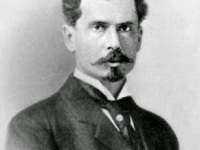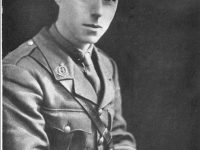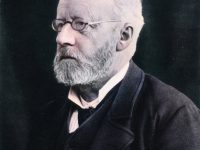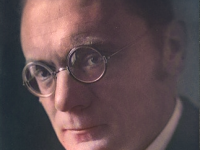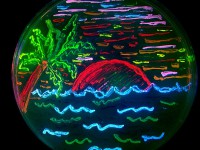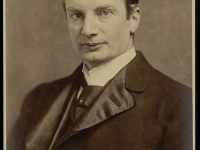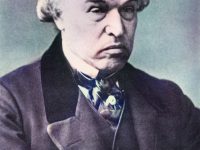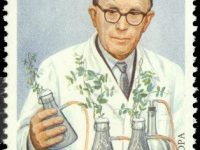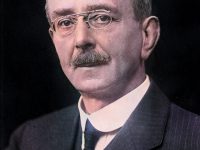Sergei Winogradsky and the Science of Bacteriology
On September 1, 1856, Ukrainian microbiologist, ecologist and soil scientist Sergei Nikolaievich Winogradsky was born, who pioneered the cycle of life concept. He helped to establish bacteriology as a major biological science. Sergei Winogradsky Background Sergei Winogradsky was born in Kiev, which belonged to the Russian Empire, into a family of a wealthy lawyer. The young man finished his secondary education with the gold medal and entered the Imperial Conservatoire of Music in…
Read more

